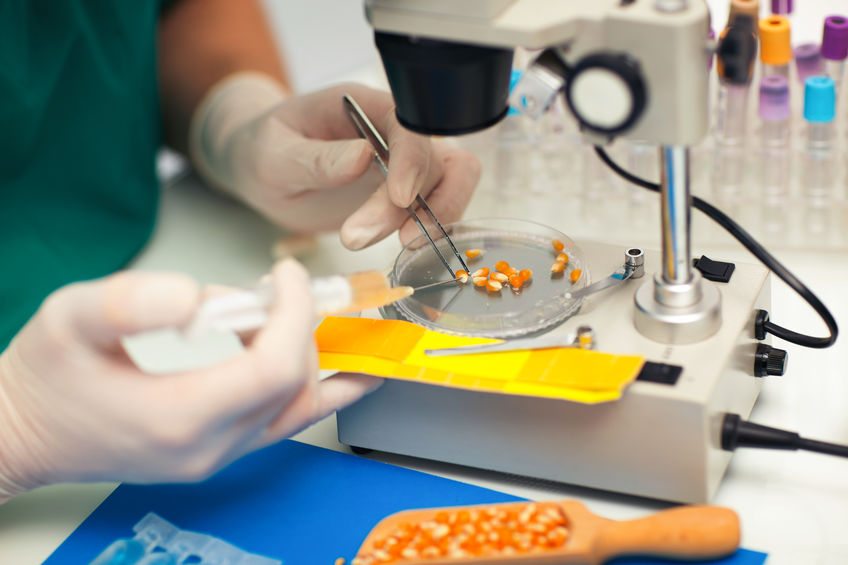Approval of new gene editing rules 'a boost for UK crop research'

Parliamentary approval will make it easier to conduct field trial research involving plants and crops produced by new genetic technologies, such as gene editing.
The Statutory Instrument cleared its final hurdle in the House of Lords earlier this week, having already been approved by a clear majority in the Commons.
It marks a small but important step towards aligning UK regulations with other parts of the world, such as Australia, Canada, Japan, Argentina, Brazil and the US.
NIAB welcomed the development, as gene editing "offers a potentially transformative research tool and plant breeding technique".
The plant science group said it enabled the same type of genetic changes selected for in traditional plant breeding, but it is "much more precise and efficient".
NIAB chief executive, Mario Caccamo said: “Adopting a more science-based will help unlock the UK’s global leadership in plant genetics, fostering a research environment that encourages innovation in agriculture."
He said gene-editing would help farmers grow crops that were more nutritious, more resilient to climate change and less reliant on pesticides or fertilisers.
“NIAB has been using gene editing experimentally in a variety of crops, including wheat, barley, rice and strawberries, for several years," he added.
"But because of the difficulties and costs of testing these novel crops in the field, we have been unable to progress them beyond laboratory and glasshouse experimentation to evaluation in the field.
"The measures introduced by this Statutory Instrument will make a big difference to prospects for research at NIAB and other research organisations."
Prof Caccamo pointed to current NIAB projects – both in-house and in collaboration with partners - which stand to benefit immediately from more streamlined and proportionate regulatory oversight.
These include resistance to fungal disease in wheat; coeliac-safe wheat; flowering time variation in strawberries; and root architecture traits in durum wheat.
He added that greater access to gene editing would give a boost to plans for a genetics and pre-breeding programme in pulse crops such as peas, beans and soya.
This programme seeks to unlock their potential as a home-grown protein source with benefits for sustainable farming, healthy eating and climate change.
Prof Caccamo added: “The focus for gene editing research is to help develop farming systems which are less dependent on pesticides and fertilisers, and which reduce the climate change impact of agriculture.
"These are all important objectives shared widely across the political spectrum for which new breeding technologies can offer tangible solutions.”








